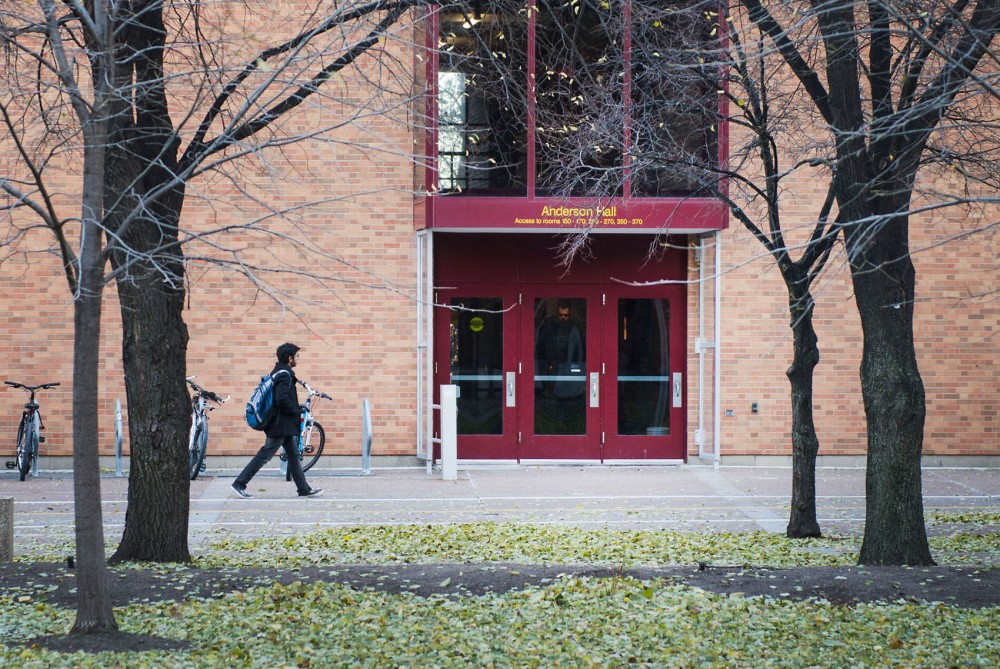Mandating that faculty members support university diversity initiatives may betray an ideological bias, according to an Oregon Association of Scholars report.
The report, released in March, said imposing hiring “diversity statements” can be detrimental. But while some professors at the University of Minnesota say these statements shouldn’t be used as litmus tests for faculty hires and promotions, they are not inherently biased.
Several schools across the country require diversity statements, the report said, which stipulate that faculty members and potential hires point to how their work addresses issues of race, gender or other inequalities.
The University doesn’t use diversity statements in its hiring process, but College of Education and Human Development professor Rebecca Ropers-Huilman said she doesn’t think their use is inherently biased.
“The critique that they are making, it seems to me, is that anything that draws attention to minoritized identities within this country, and specifically within higher education, is somehow ideological,” Ropers-Huilman said.
The report claims requiring these statements violates the mission of a university and introduces an explicit left-wing ideological bias to higher education.
About 20 universities, such as Carnegie Mellon University, the University of California system and several Oregon universities, use diversity statements in their hiring process.
Bruce Gilley, an associate political science professor at Portland State University, said requiring faculty to acknowledge where they stand on diversity during hiring is wrong.
Gilley, who’s also part of the Oregon Association of Scholars, said faculty should be decided on scholarship, teaching and if a potential hire will be a good fit for the campus. Adding diversity statements unnecessarily asks faculty for their ideological leanings, he said.
Gilley said diversity statements also impose on the academic freedom universities are supposed to allow since they might be used to screen out professors.
Ropers-Huilman said while the statements should not be used as tests for hire, she doesn’t believe that’s their intent.
“What I see them as saying is ‘Will you be able to work with all of our students?’ and I think people should be asked [that],” she said.
The report also says that “the more corrosive and insidious effects of the broader diversity agenda should not be ignored.”
Gilley said initiatives like diversity statements tend to reduce American pluralism to group identities.
“[Diversity initiatives] use group identities for markers for individuals [like] you’re ‘black,’ you’re an ‘Asian,’ you’re a ‘woman,’ and diversity can be seen in many different ways more than just group identities,” Gilley said.
But Ropers-Huilman and professor Michael Goh said trying to reinforce diversity isn’t based in an agenda.
“[The report is] another example of folks with dominant ideologies saying that ‘our views are neutral and everybody else’s are ideological,’” Ropers-Huilman said.
Goh, who is associate vice provost in the Office for Equity and Diversity, said recent efforts like the CLEAR Hiring and Race, Indigeneity, Gender and Sexuality initiatives show the University has increased attempts to attract and retain diverse faculty.
Goh said as universities launch diversity campaigns, they shouldn’t use diversity statements in hiring faculty members.
“We’re doing our students and disciplines a disservice if we don’t bring in people with different perspectives and backgrounds,” Ropers-Huilman said.








